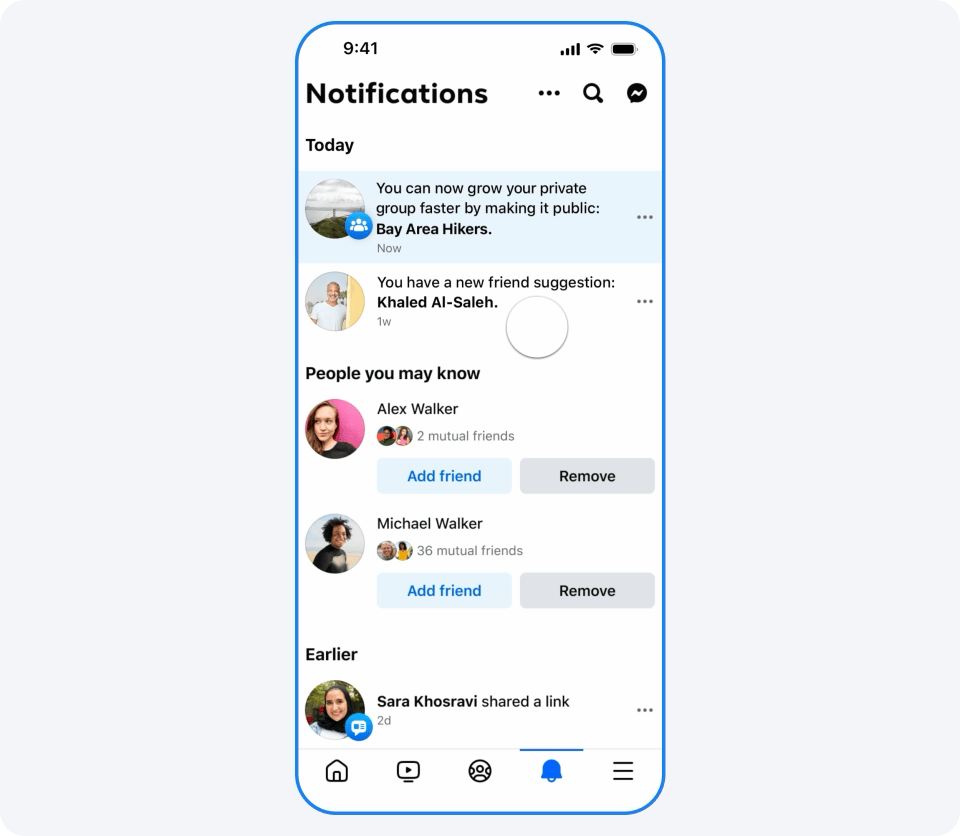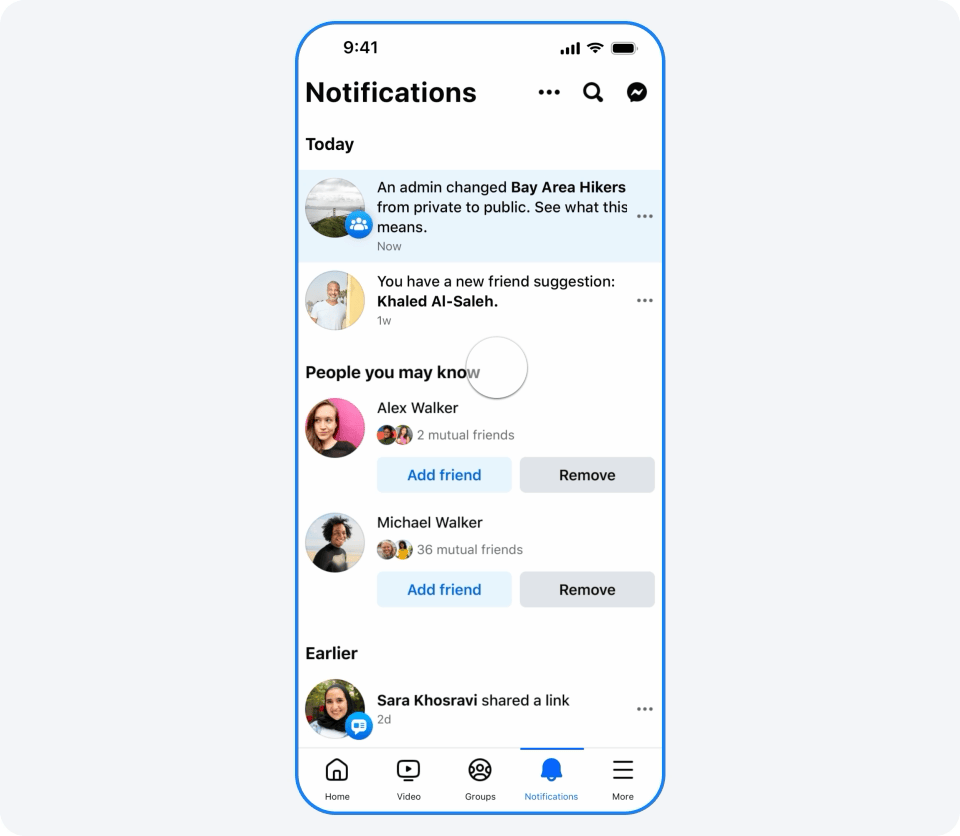
Facebook added an option to allow admins to convert private groups to public ones without exposing past member content or compromising user privacy.
The rollout, which began on November 3, 2025, introduces a set of privacy-preserving features designed to encourage group growth while safeguarding historical user activity.
The update was developed in response to long-standing feedback from community administrators seeking more flexibility in managing and scaling their groups. According to Meta, the transition process from private to public is optional and includes multiple privacy checks and user notifications to ensure transparency and informed participation. The new functionality is now rolling out gradually across Facebook and is available via each group’s settings page.
Under the new system, if a group admin decides to convert a private group to public, Facebook will lock down all content shared before the change. This includes posts, comments, and reactions, which will remain visible only to admins, moderators, and members who were part of the group before it was made public. Similarly, the member list will not become visible to non-members after conversion, a move likely aimed at curbing data harvesting and profiling.

Facebook Groups are one of the platform’s core community features, enabling users to form discussion spaces around shared interests. With millions of active groups and over 1.8 billion monthly users engaging in them, Facebook continues to invest heavily in tools that allow admins to grow their audiences without compromising user trust.
To prevent accidental or unilateral changes, the conversion process includes a built-in three-day review period. Once a group admin initiates the transition, all other admins are notified and given time to cancel the change before it is finalized. Members are also alerted about the update and will receive a notification when they post or comment in the now-public group, reminding them that their content is publicly visible.

Meta also emphasized that if a group later switches back from public to private, its behavior reverts accordingly, with only approved members able to see content, including posts made during the group’s earlier private phase.
In terms of user control, members can always check the visibility status of their activity via visual cues such as a globe icon, which indicates public exposure. Additionally, Facebook’s anonymous participation features remain active, with users able to post under their real name, anonymously, or using a new temporary nickname feature introduced alongside this update.
While the update may encourage more open community engagement, it also shifts some privacy responsibility onto users, who must stay vigilant about what and where they post. Group admins are encouraged to consult their teams and members before initiating any privacy-level changes, while the latter should remain vigilant for group status changes.
If you’re worried about privacy on Facebook Groups discussions, consider using anonymous/nickname posting options and avoid sharing personal data as much as possible.
If you liked this article, be sure to follow us on X/Twitter and also LinkedIn for more exclusive content.


